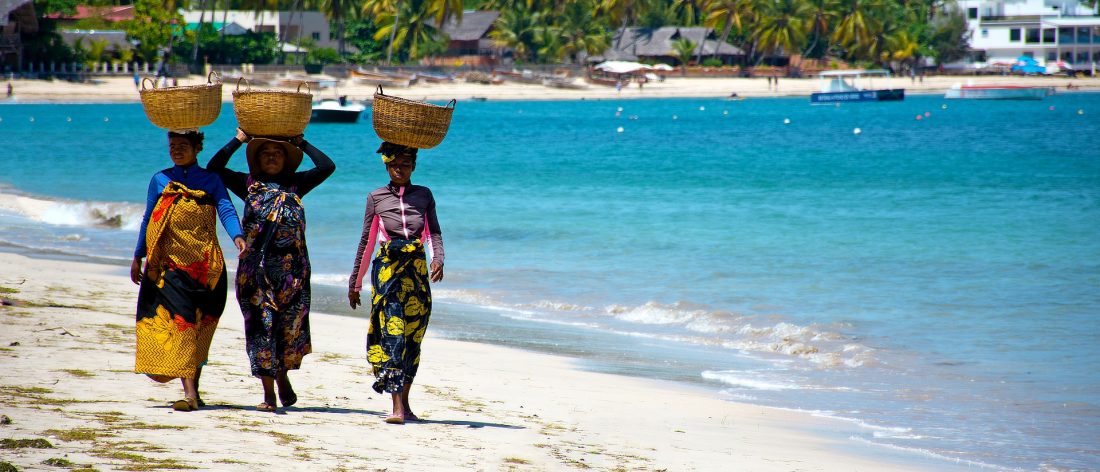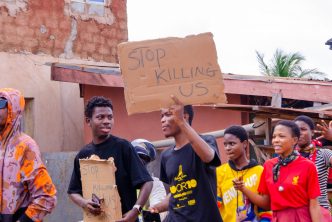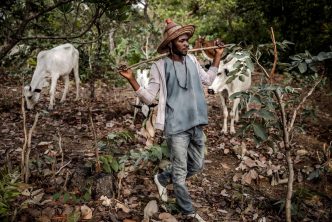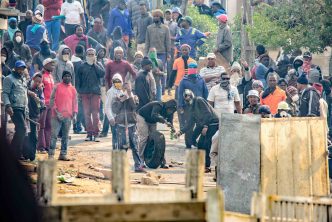Image Credit: NTA.ng
The Boko Haram insurgency and the subsequent counterinsurgency operations in the Northeast have resulted in nearly 30,000 fatalities, over two million displacements and more than 10.6 million persons relying on humanitarian assistance to survive. The humanitarian crisis has prompted the government’s interventions, such as the establishment of the North-East Development Commission and Operation Safe Corridor.
These interventions, among many other objectives, aim to ensure recovery, stabilisation and rehabilitation of lives of survivors and the local economy in the region. As laudable as the intervention programmes are, they are inadequate. The insurgency and counterinsurgency have continued with many survivors still grappling with the trauma of living through the conflict, desiring psychological support and any rays of hope for a return to normalcy.
Against this background, it is imperative to explore alternative or complementary resilience models to guarantee restoration and stabilisation.







